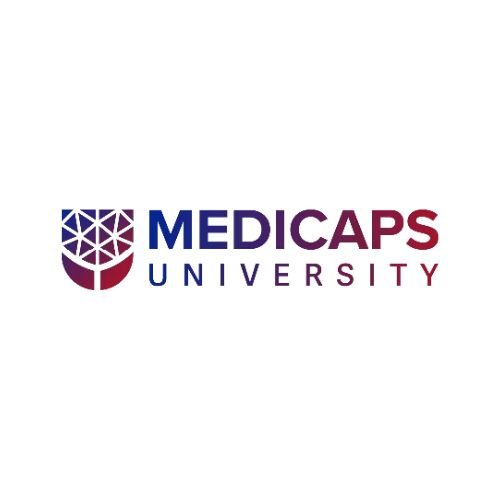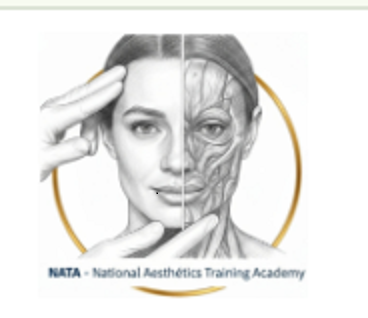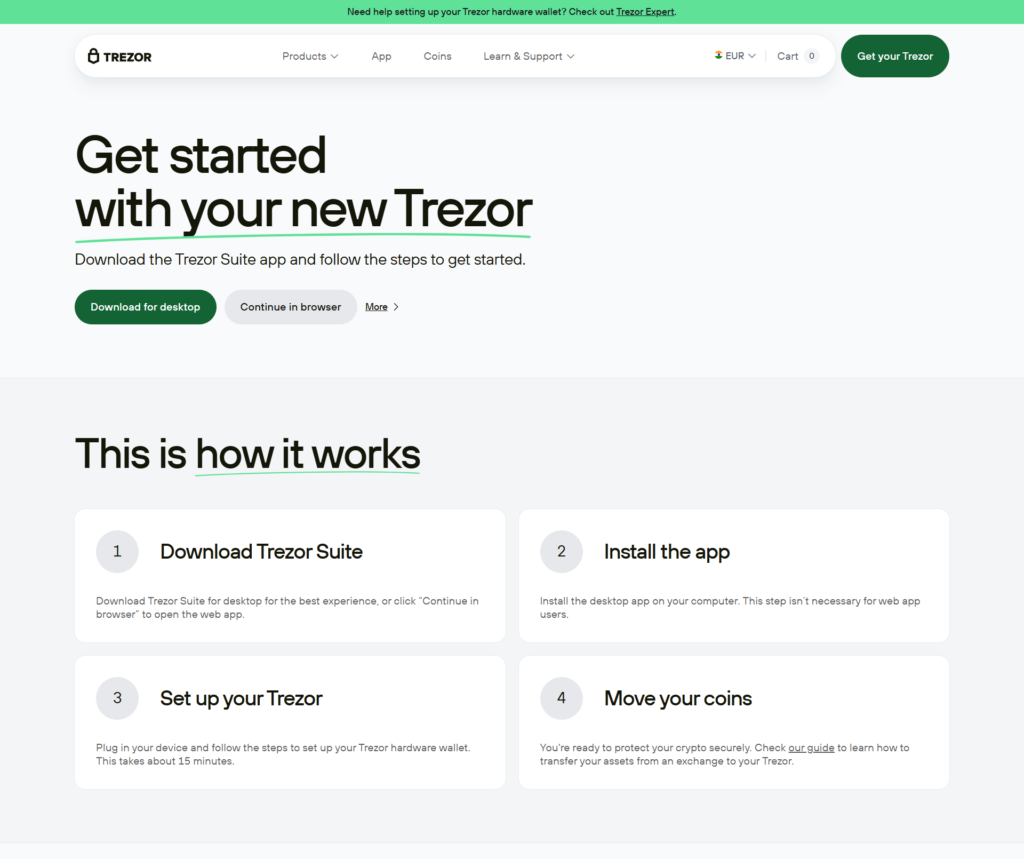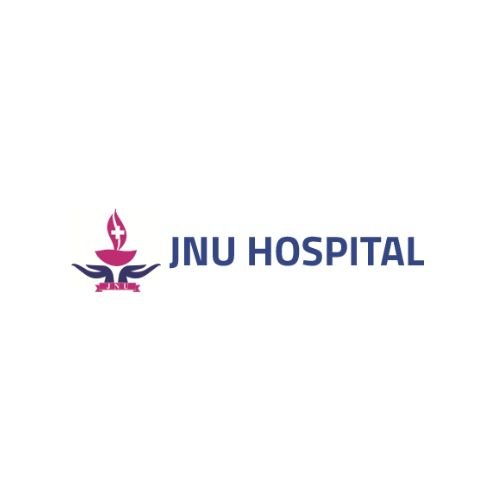NURS FPX 8006 Assessment 1: Exploring the Foundations of Nursing Leadership in Practice
usa
Educational
+9114386196141
jecic20164@gddcorp.com
Added on 29 Sep 2025
Business Description
NURS FPX 8006 Assessment 1: Exploring the Foundations of Nursing Leadership in Practice
NURS FPX 8006 Assessment 1 is an essential starting point for students embarking on this course, which emphasizes leadership, professional identity, and the integration of evidence-based practice into advanced nursing roles. This assessment sets the tone for the entire course by encouraging learners to reflect on their leadership competencies, examine the complexities of modern healthcare systems NURS FPX 8006 Assessment 1, and identify the knowledge and skills they need to cultivate in order to succeed as advanced practice leaders. By focusing on leadership development, systems thinking, and scholarly inquiry, NURS FPX 8006 Assessment 1 empowers nurses to expand their influence beyond the clinical setting and contribute to broader healthcare transformation.
At its core, the first assessment in this course asks students to reflect deeply on leadership in nursing practice. Nursing leadership is no longer confined to managing small teams or supervising tasks. Instead, it is about shaping organizational culture, influencing policies, and driving improvements that impact patient care outcomes across diverse settings. Assessment 1 invites students to analyze their personal leadership styles, strengths, and weaknesses, while also examining the leadership theories that guide effective practice. For example, transformational leadership is often highlighted in nursing because it fosters inspiration, collaboration, and a shared vision for improvement. By critically reflecting on how their leadership style aligns with transformational, servant, or authentic leadership models, students can begin to develop a clearer picture of how they can lead effectively in their own professional environments.
Another critical aspect of NURS FPX 8006 Assessment 1 is its focus on professional identity development. Advanced practice nursing requires more than clinical competence—it requires the integration of professionalism, advocacy, and lifelong learning into one’s career. Through this assessment, students are prompted to articulate their professional values and goals, linking them with the responsibilities of doctoral-level nurses. For instance, a nurse who values health equity might articulate a professional identity rooted in advocating for underserved populations and shaping policies that reduce disparities. This process of professional identity formation is essential because it not only clarifies career direction but also strengthens commitment to the larger mission of nursing.
In addition to leadership and professional identity, this assessment emphasizes the importance of systems thinking. Healthcare is complex and influenced by interdependent structures such as policies, financial systems NURS FPX 8006 Assessment 2, technology, and workforce dynamics. Advanced practice nurses must be able to see beyond the bedside to understand how decisions at the organizational, regional, and national levels affect patient care. NURS FPX 8006 Assessment 1 asks students to examine healthcare challenges through a systems lens, identifying how factors like resource allocation, interprofessional collaboration, or regulatory requirements shape outcomes. For example, a nurse studying hospital readmission rates may realize that reducing readmissions is not only about patient education but also about discharge planning, coordination with primary care, and addressing social determinants of health. By practicing systems thinking, nurses prepare to design solutions that are practical, comprehensive, and sustainable.
Evidence-based practice (EBP) is another foundational theme introduced in this assessment. The ability to critically appraise evidence and apply it to real-world challenges is a hallmark of doctoral-level nursing practice. Students are encouraged to reflect on their skills in evidence appraisal, research translation, and application of best practices to patient care. NURS FPX 8006 Assessment 1 guides students toward recognizing gaps between current practice and evidence-based recommendations. For instance, a nurse leader may identify that pain management protocols are outdated in their organization, resulting in inconsistent care. This reflection provides the starting point for future scholarly projects that aim to close the gap between evidence and practice.
Furthermore, the assessment highlights the role of communication and collaboration in nursing leadership. Advanced practice nurses must communicate effectively with a wide range of stakeholders, from patients and families to physicians, administrators, and policymakers. Assessment 1 helps students recognize the importance of cultivating strong interpersonal and interprofessional skills. By considering their communication strengths and weaknesses, learners can develop strategies for fostering collaboration, resolving conflicts, and advocating for change. For example, a nurse leading a quality improvement initiative may need to persuade both frontline staff and senior leadership of the benefits of adopting a new evidence-based protocol. Clear communication and collaborative engagement are critical to ensuring buy-in and success.
Another dimension of NURS FPX 8006 Assessment 1 is its emphasis on ethical leadership. Nurses in advanced roles are faced with challenging ethical dilemmas, ranging from resource allocation to patient autonomy and confidentiality. This assessment encourages students to reflect on their ethical frameworks and consider how they will uphold principles such as justice, beneficence NURS FPX 8006 Assessment 3, and respect in leadership roles. For instance, when leading initiatives that affect vulnerable populations, nurse leaders must ensure that interventions are equitable and do not unintentionally marginalize certain groups. By integrating ethics into leadership practice, students strengthen their ability to make decisions that are both effective and morally sound.
The assessment also introduces the concept of lifelong learning as a professional responsibility. Nursing is an evolving profession, shaped by rapid advances in technology, research, and policy. Assessment 1 asks students to reflect on their commitment to continuous education and professional development. This might involve pursuing certifications, attending conferences, or engaging with scholarly literature to remain current in best practices. By cultivating lifelong learning, advanced practice nurses position themselves to remain leaders in an ever-changing healthcare environment.
In addition, NURS FPX 8006 Assessment 1 emphasizes the development of scholarly writing and critical thinking skills. At the doctoral level, nurses are expected to communicate their ideas in a clear, organized, and evidence-based manner. This assessment provides students with an opportunity to practice articulating their reflections and analyses in scholarly writing. Developing these skills early in the course prepares students for the demands of later assessments and, ultimately, for their doctoral project. Effective scholarly writing also ensures that nurses can disseminate their findings to a broader audience, influencing both practice and policy.
Importantly, this first assessment serves as a foundation for the rest of the course and program. By reflecting on leadership, professional identity, systems thinking, ethics, and evidence-based practice, students begin to chart a course for their doctoral journey. These themes are not isolated but interconnected, forming the backbone of advanced nursing practice. For example, a nurse who identifies as a transformational leader (leadership) may use that style to advocate for the adoption of evidence-based interventions (EBP), addressing systemic issues like patient safety (systems thinking), while ensuring equitable care for all populations (ethics).
In conclusion, NURS FPX 8006 Assessment 1 is much more than an introductory task—it is a pivotal exercise that helps nursing students reflect, plan, and prepare for the challenges and opportunities of doctoral-level practice. By examining leadership competencies, professional identity, systems thinking, evidence-based practice, collaboration, ethics, and lifelong learning, students build a strong foundation for advanced roles in nursing. This assessment guides them in recognizing their strengths, addressing areas for growth NURS FPX 8006 Assessment 4, and envisioning themselves as future leaders who will shape healthcare outcomes and transform practice environments. Ultimately, it empowers nurses to move beyond clinical expertise and embrace their role as scholarly leaders, advocates, and change agents in a dynamic healthcare landscape.
Frequently Asked Questions
➤ What services does NURS FPX 8006 Assessment 1: Exploring the Foundations of Nursing Leadership in Practice offer?
NURS FPX 8006 Assessment 1: Exploring the Foundations of Nursing Leadership in Practice provides professional Educational services for customers in usa, . They focus on delivering quality solutions tailored to client needs.
➤ Where is NURS FPX 8006 Assessment 1: Exploring the Foundations of Nursing Leadership in Practice located?
This business is located in usa, , making it a convenient choice for local customers looking for reliable Educational services.
➤ How can I contact NURS FPX 8006 Assessment 1: Exploring the Foundations of Nursing Leadership in Practice?
You can contact NURS FPX 8006 Assessment 1: Exploring the Foundations of Nursing Leadership in Practice via phone or email listed on this page to learn more about their services and availability.
➤ Why choose NURS FPX 8006 Assessment 1: Exploring the Foundations of Nursing Leadership in Practice over other Educational providers?
NURS FPX 8006 Assessment 1: Exploring the Foundations of Nursing Leadership in Practice is known for professionalism, customer satisfaction, and dependable service, making it a trusted choice for Educational needs in usa.
Services Offered by NURS FPX 8006 Assessment 1: Exploring the Foundations of Nursing Leadership in Practice
NURS FPX 8006 Assessment 1: Exploring the Foundations of Nursing Leadership in Practice provides a range of Educational services designed to meet customer needs efficiently. Their services are tailored for individuals and businesses seeking reliable and professional support.
- Professional Educational consultation
- Customer-focused service approach
- Affordable and transparent pricing
- Timely project delivery
Business Hours
This business typically operates during standard working hours. Customers are encouraged to contact the business directly to confirm current availability and service timings.
Customer Support
NURS FPX 8006 Assessment 1: Exploring the Foundations of Nursing Leadership in Practice values customer satisfaction and provides dedicated support to address inquiries and service requests. Their team ensures a smooth experience from initial contact to service completion.
Local usa Business Information
NURS FPX 8006 Assessment 1: Exploring the Foundations of Nursing Leadership in Practice proudly serves customers in usa, . As a local business, it understands the needs of the community and provides services that align with regional requirements.











